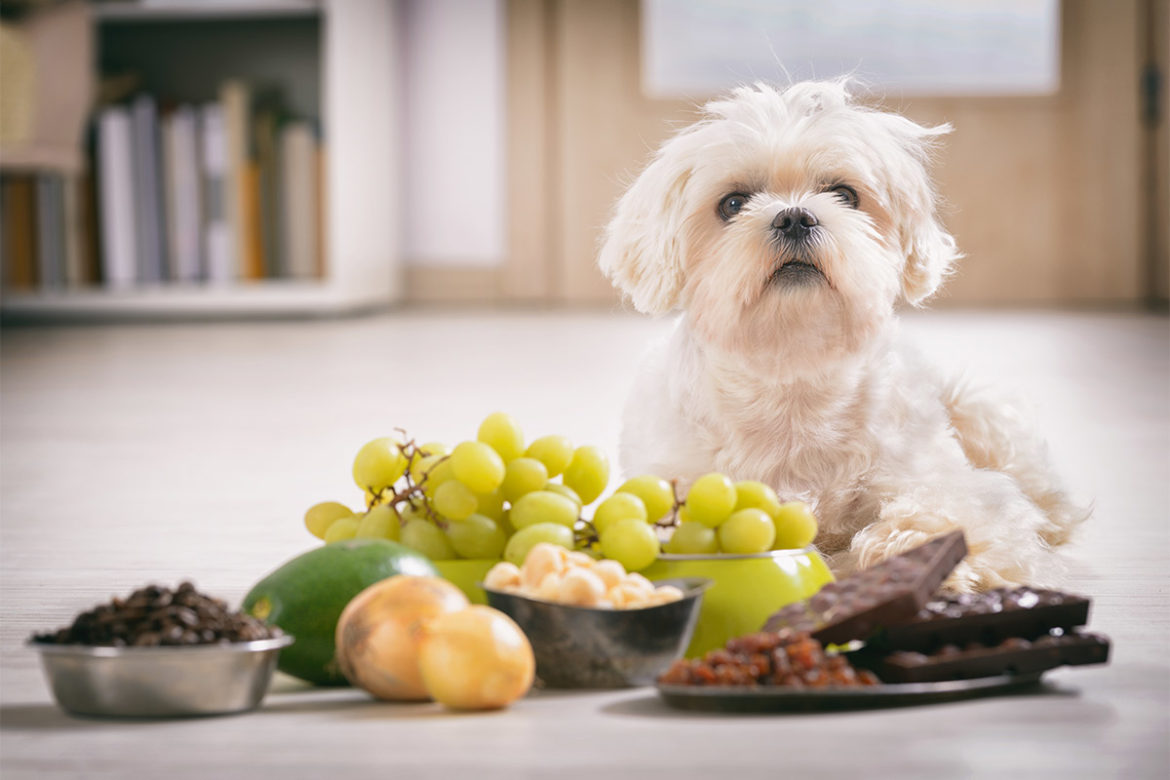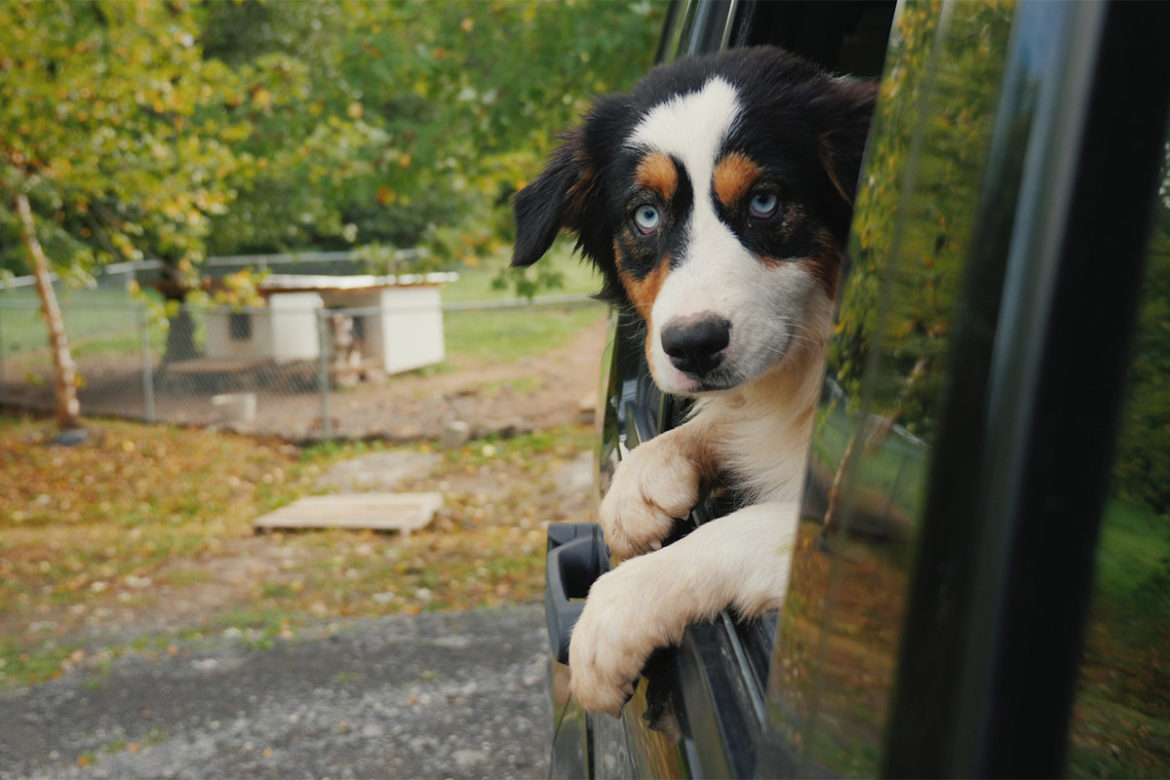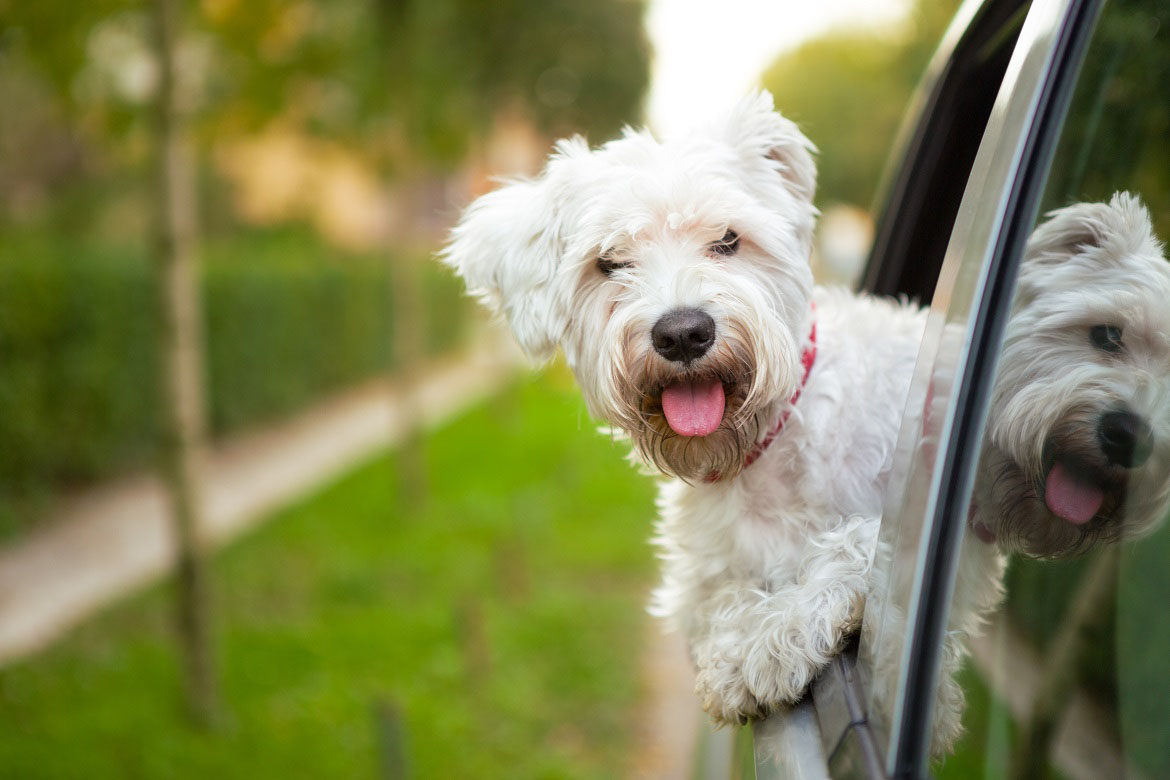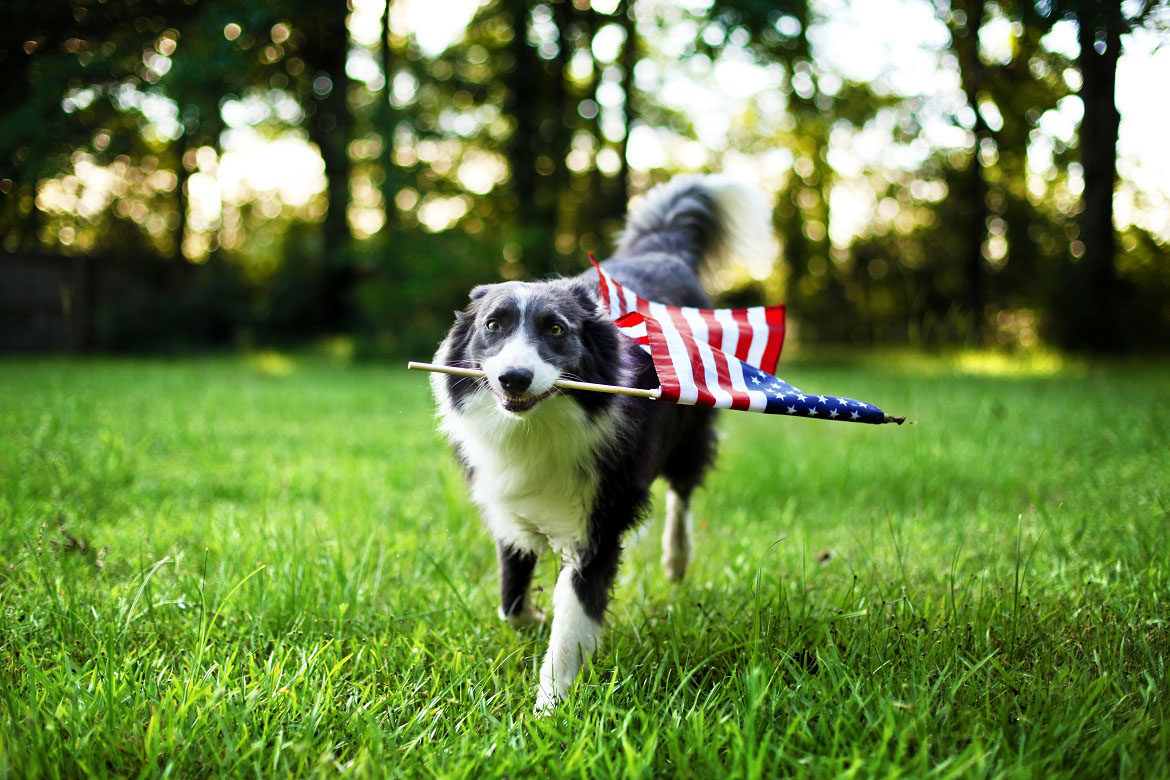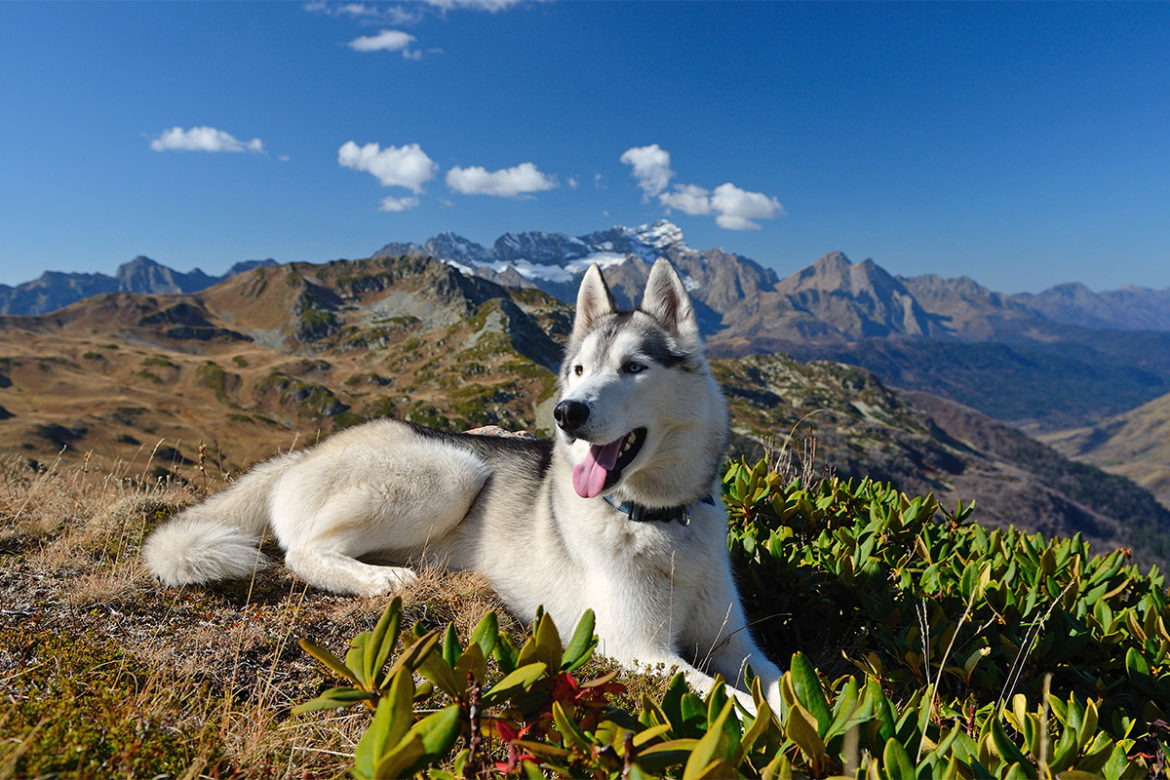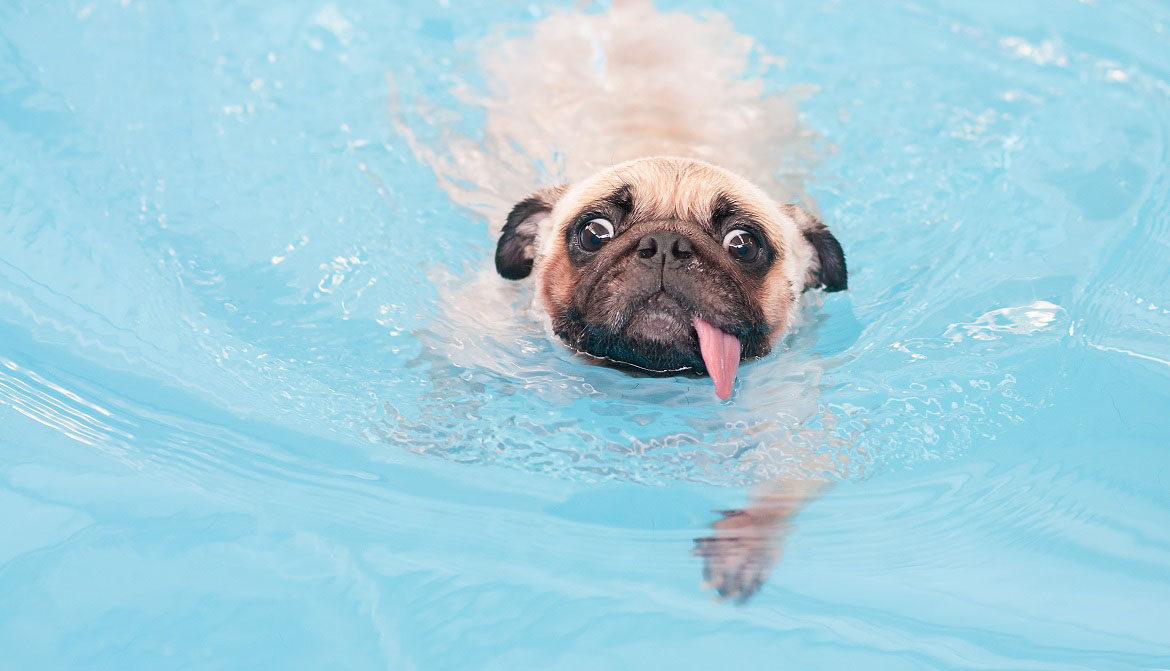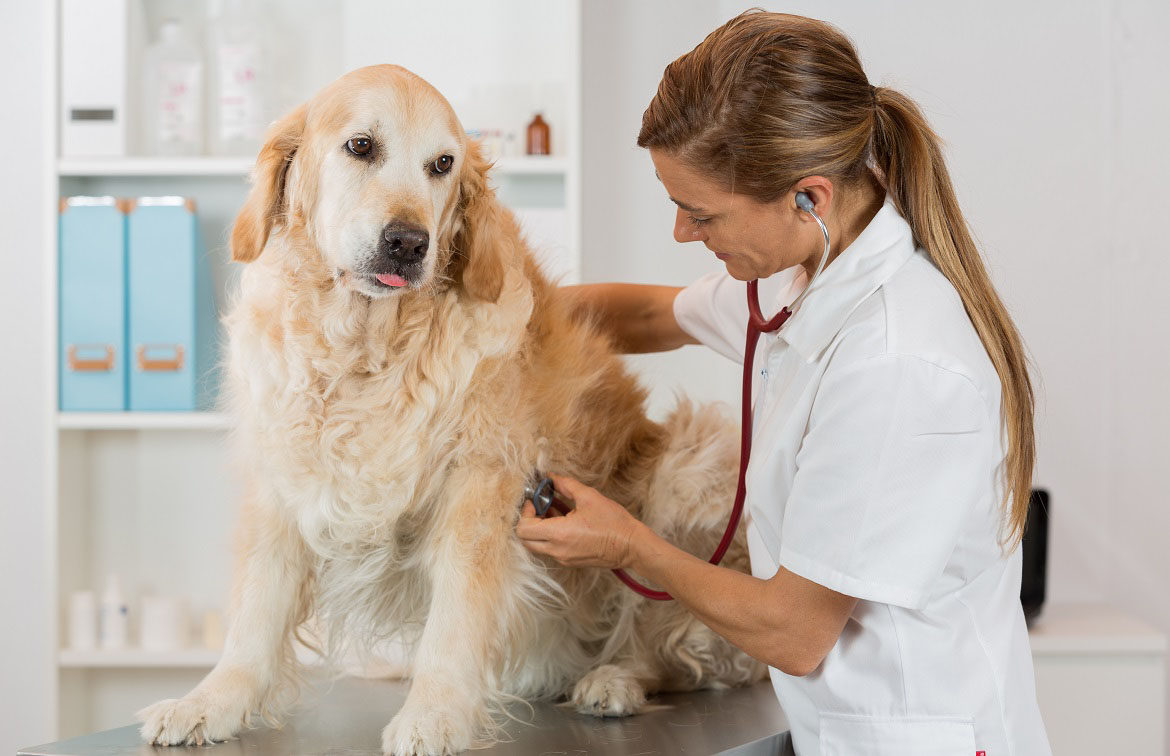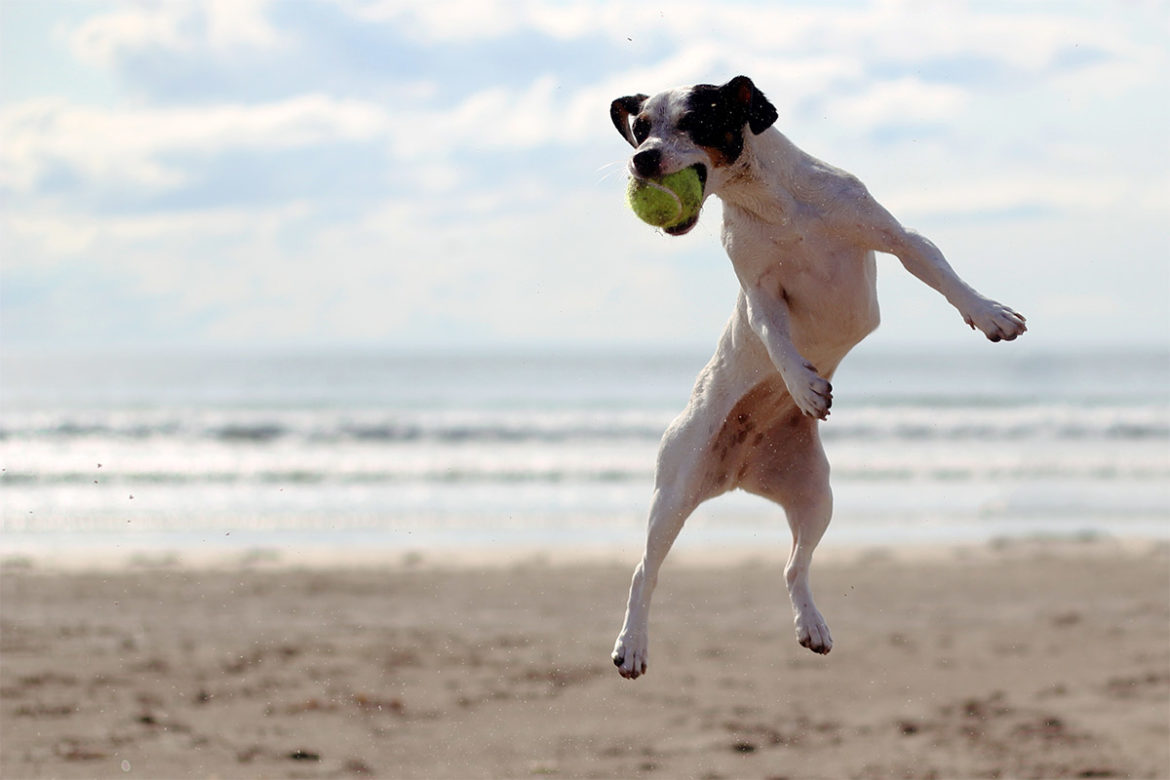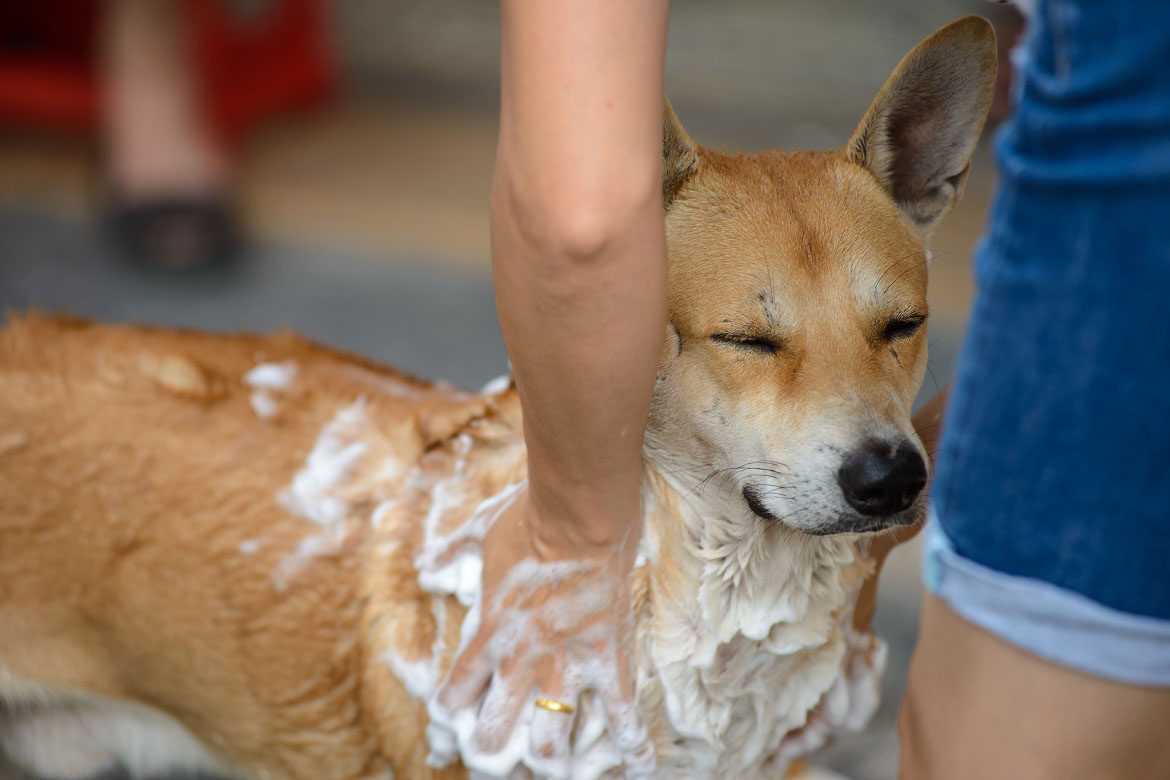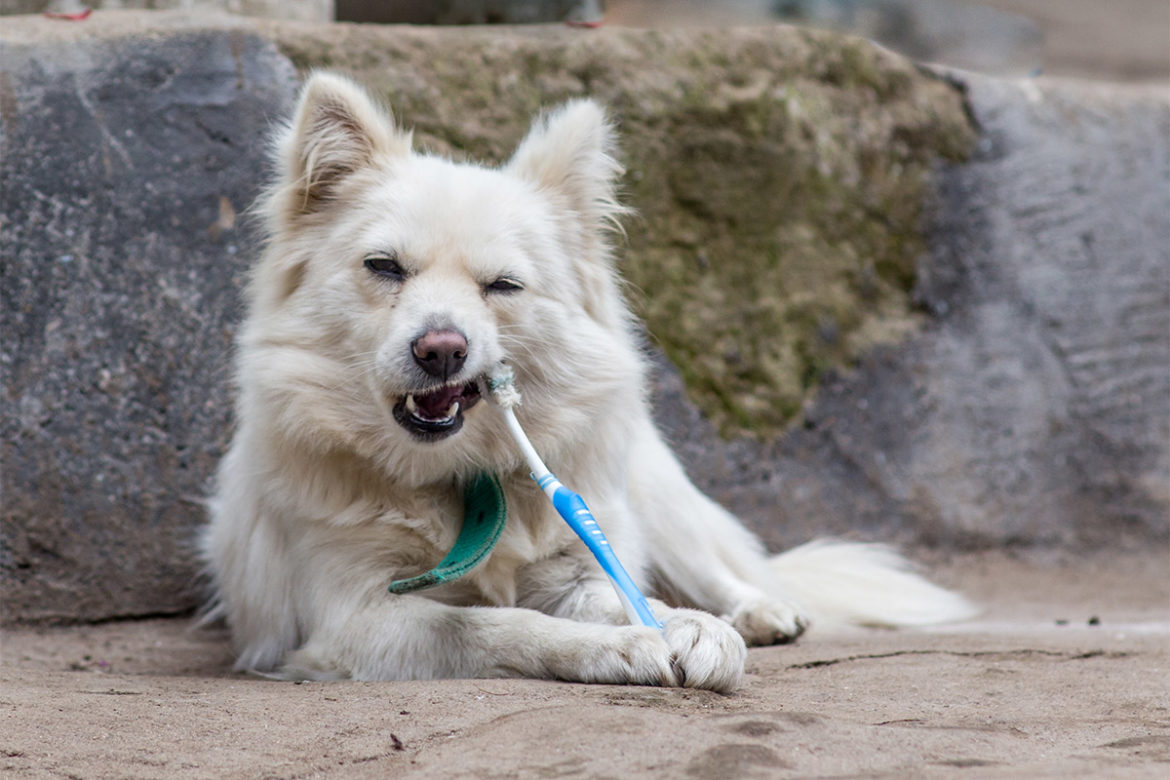Every dog owner knows that chocolate should never be fed to dogs. Chocolate – and any caffeinated food or beverage for that matter – contains methylxanthines, which are stimulants that trigger the nervous system. The ASPCA warns that this stimulant can cause vomiting, diarrhea, panting, excessive thirst, excessive urination, hyperactivity, abnormal heart rhythm, tremors, seizures, and even death.
A good rule to follow is “the darker the chocolate, the more dangerous it is.” Dark chocolates have more cacao and therefore more methylxanthines. But is chocolate the only dangerous food for dogs?
Unfortunately, the short answer is “no.” There are several “people foods” that should always be kept away from dogs to avoid serious illness – and in some cases, death. We’ve made a list of 6 food items that all dog owners should be wary of.
People Foods To Keep Away From Your Dog
Raw Meat
Dogs are carnivores, so feeding a dog meat is usually perfectly valid. But while a dog’s ancestors the wolves may eat their meat raw, it is never a good idea to feed your dog uncooked meat or eggs. Just like humans, the Salmonella and E. coli that can sometimes be found in uncooked or undercooked meats can be harmful to dogs. The ASPCA cautions that raw eggs can cause a biotin deficiency in dogs. This is due to an enzyme found in eggs called avidin which decreases the absorption of biotin. This can lead to skin and coat problems. It’s also important to note that bones from raw or cooked meat should not be given to your dog. It may seem like a natural choice, but the bones could splinter and cause harm to your dog. A dog also has the potential to choke on the bones if they are small. The AKC says that even though fish can be a wonderful treat for your dog, you should always pick out all of the bones – no matter how small.
Grapes & Raisins
This one is a bit of a mystery. The toxic substance in Grapes is not currently identified, but the results of consumption are pretty staggering. While symptoms may vary from dog to dog, the most common side of effect of eating grapes or raisins is kidney failure. This can occur even after eating only a small amount, according to the MSPCA. If your dog has ingested grapes or raisins, it may begin showing some symptoms. These symptoms include vomiting, diarrhea, lethargy, poor appetite, and decreased urine production.
Seek immediate veterinary assistance if your dog shows these symptoms, and you believe they’ve consumed grapes. Without proper treatment, your dog may experience permanent kidney damage. The Huffington Post states that death from kidney failure can occur in as little as 3 to 4 days. Strangely, some dogs never show any signs of being bothered by grapes. But until the specific toxin is identified, it is best to avoid grapes and raisins completely.
Alcohol
Perhaps this one should be obvious, but it’s important to note that alcohol should never be given to dogs. This not only includes beverages but also any foods that contain alcohol, says the ASPCA. Just like in humans, alcohol consumption in dogs can cause vomiting and decreased coordination. In addition to these typical symptoms, dogs also may experience diarrhea, difficulty breathing, a coma, and possibly even death. When a dog consumes alcohol, it should be treated like they have ingested a poison, whether they ingested it by accident or on purpose. Allowing a dog to drink alcohol should not be done as an amusing activity. Because alcohol is considered a poison for dogs, they should never have alcohol – via beverages or food.
Onions and Garlic
These foods are part of the Allium family and include leeks and chives in addition to onions and garlic. All of these foods have the potential to cause red blood cell damage if consumed in large quantities. The AKC states that the stronger the Allium plant, the more toxic it is to dogs. Therefore garlic should always be avoided – even garlic powder. Allium plants like onions and garlic can cause anemia in dogs if enough is ingested. Symptoms of anemia include pale gums, weakness, and even collapsing. The red blood cell damage that these plants cause can lead to kidney failure if too many are eaten. It’s important to watch your dog for several days after it eats any onions or garlic. Symptoms sometimes take a few days to show themselves. But watch closely. If a case is severe enough, a blood transfusion may be necessary.
Macadamia Nuts
This is one of the most poisonous foods you can feed a dog, and also one of the more recent discoveries, according to the Huffington Post. Currently, it is unknown what in macadamia nuts causes harm to dogs. After ingestion, the common side effects include vomiting, increased body temperature, and lack of coordination. Weakness and the inability to walk may also occur, due to the macadamia nut’s effect on the nervous system. The MSPCA says that most dogs will recover from ingestion within 24 to 48 hours, but those hours will be difficult for the dog. Depending on how many nuts were ingested and how your dog is affected by them, permanent damage could occur. Seek veterinary assistance if you believe your dog has eaten macadamia nuts.
Xylitol
This food is especially important to watch out for because it is an ingredient in many human foods. Xylitol is an artificial sweetener, found in gums, candies, and even toothpaste. It is widely used in low-sugar products. And while it may have benefits for humans, in dogs it can be quite harmful. According to the ASPCA, Xylitol causes an increase in insulin production in dogs. This increase leads to a dramatic drop in blood sugar levels. The first symptoms to watch for include vomiting, lack of coordination, and lethargic behavior. These symptoms can worsen and cause seizures in dogs.
The MSPCA says that symptoms will begin to show themselves in as little as 30 minutes after ingestion, so seek veterinary help as soon as you can. A veterinarian will have to use a sugar solution to correct the low blood sugar levels. Medication may also need to be administered to help improve liver function.
All dog owners know that sometimes even when we are 100% careful, dogs will get themselves into trouble. This is why it’s important to keep the phone number for your primary veterinarian and a veterinary emergency hospital on hand at all times. Save both numbers in your cell phone. Hang them somewhere prominent in your house, like the fridge. Make sure all family members, dog walkers, and pet sitters have access to these numbers. Also, consider saving the number for the ASPCA Animal Poison Control Center. They are a wonderful resource in addition to your local veterinarian. Always seek professional help immediately if you believe your dog has ingested something harmful.
Have any more tips on what should never be fed to a dog? Let us know in the comments below!

